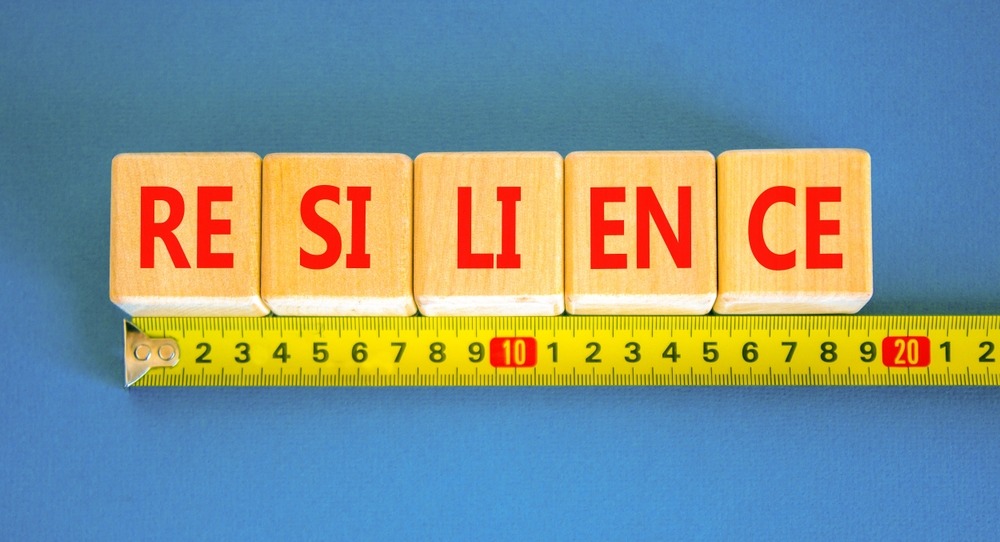
Psychological Fitness: Understanding Its Four Key Components
In today’s fast-paced world, the concept of fitness extends beyond the physical realm. Just as we work on our bodies to stay healthy and strong, it’s equally important to focus on our psychological fitness—our mental and emotional well-being. Psychological fitness equips us with the tools to navigate life’s challenges, maintain emotional balance, and build meaningful relationships. In this blog post, we’ll explore the four key components of psychological fitness: emotional regulation, resilience, cognitive flexibility, and interpersonal skills.

1. Emotional Regulation
Emotional regulation is the ability to manage and respond to our emotions in a healthy and adaptive way. It’s not about suppressing or ignoring feelings, but rather understanding and controlling them so that they don’t control us. Emotional regulation allows us to stay calm under pressure, think clearly during stressful situations, and respond to challenges with a balanced perspective.
When we practice emotional regulation, we improve our ability to:
- Identify and label emotions: Recognizing what we’re feeling is the first step in managing those emotions effectively.
- Delay reactions: Instead of reacting impulsively, we can take a moment to process our feelings and choose an appropriate response.
- Reduce stress: By keeping our emotions in check, we reduce the impact of stress on our mental and physical health.

2. Resilience
Resilience is the capacity to bounce back from adversity, challenges, and setbacks. It’s the mental toughness that helps us recover from difficulties and keep moving forward, no matter what life throws at us. Resilience doesn’t mean we don’t experience stress or trauma; rather, it means we can withstand those pressures and emerge stronger.
Building resilience involves:
- Cultivating a positive outlook: Resilient people focus on what they can control and look for opportunities in every challenge.
- Learning from experiences: Each setback is a learning opportunity. Resilience helps us reflect on what went wrong and how we can grow from it.
- Maintaining a support system: Strong relationships with family, friends, and colleagues provide emotional support and practical help during tough times.

3. Cognitive Flexibility
Cognitive flexibility is the ability to adapt our thinking and behavior in response to new information, changing circumstances, or unexpected challenges. It involves being open-minded, curious, and willing to consider different perspectives. Cognitive flexibility helps us solve problems creatively and make better decisions by considering multiple options.
Enhancing cognitive flexibility means:
- Embracing change: Instead of resisting change, we see it as an opportunity to learn and grow.
- Thinking outside the box: Flexible thinkers can approach problems from different angles and come up with innovative solutions.
- Adjusting goals and strategies: When faced with obstacles, cognitive flexibility allows us to shift our approach and find new ways to achieve our objectives.

4. Interpersonal Skills
Interpersonal skills are the abilities we use to interact effectively with others. These skills include communication, empathy, teamwork, and conflict resolution. Strong interpersonal skills are crucial for building and maintaining healthy relationships, both personally and professionally.
Developing interpersonal skills involves:
- Active listening: Paying full attention to others and understanding their perspectives is key to effective communication.
- Empathy: Recognizing and responding to the emotions of others helps build trust and strengthen relationships.
- Collaboration: Working well with others requires the ability to cooperate, share ideas, and work towards common goals.
- Managing conflicts: Interpersonal skills enable us to handle disagreements constructively, finding solutions that satisfy everyone involved.
Conclusion
Psychological fitness is as essential as physical fitness for leading a balanced, fulfilling life. By focusing on emotional regulation, resilience, cognitive flexibility, and interpersonal skills, we can build a strong foundation for mental and emotional well-being. As we work on these areas, we become better equipped to handle life’s ups and downs, maintain healthy relationships, and achieve our goals. Remember, like any form of fitness, psychological fitness requires regular practice and commitment—but the rewards are well worth the effort.

